How to cite this article: JP Staff Writer, “Character Profile: Beelzebul,” Jerusalem Perspective (2024)
[https://www.jerusalemperspective.com/29561/].
The Synoptic Gospels make reference on a few occasions to a malignant being named Βεελζεβούλ (Be·el·ze·BOUL, “Beelzebul”; Matt. 12:24 ∥ Mark 3:22 ∥ Luke 11:15; Matt. 12:27 ∥ Luke 11:19; Matt. 10:25), who is identified as “the prince of demons.” No being by this name is ever mentioned in any pre-Christian source. Neither is he mentioned in any ancient Jewish source that was untouched by Christian redactors.[17] The Gospels remain the sole source of information regarding the origins and identity of this mysterious and sinister being.
Textual Variants
| Rather listen instead? |
| JP members can click the link below for an audio version of this essay.[*]
Paid Content
Premium Members and Friends of JP must be signed in to view this content. If you are not a Premium Member or Friend, please consider registering. Prices start at $5/month if paid annually, with other options for monthly and quarterly and more: Sign Up For Premium  |
Since the identity of this being is so obscure, it is hardly surprising that there is uncertainty about the meaning and even the form of this being’s name. Whereas the majority of texts, including the early papyrus manuscripts 𝔓45 and 𝔓75, spell his name as Βεελζεβούλ, two important witnesses, Codex Vaticanus (B) and Codex Sinaiticus (א), omitting the first λ (l), give his name as Βεεζεβούλ. Syriac and Latin versions attest to yet another form, “Beelzebub,” an assimilation to the name spelled Βααλζεβούβ (Baalzeboub) in the text of Aquila’s Greek translation of the Hebrew Scriptures (2nd cent. C.E.).[18] There it serves as a transliteration of the name בַּעַל זְבוּב (ba‘al zevūv, “master of a fly”) known from the Elijah narratives, where “Beelzebub” is identified as the god of the Philistine city Ekron (2 Kgs. 1:2).
Which form of the name is original to the Gospels? Two rules of textual criticism seem to lead to opposite conclusions. One rule is that the most difficult reading (called the lectio difficilior) is most likely to be original, since the tendency of copyists was to make sense of incomprehensible readings. The other rule is that the reading that best explains the other variants is most likely to be original.
Premium Members and Friends of JP must be signed in to view this content.
If you are not a Premium Member or Friend, please consider registering. Prices start at $5/month if paid annually, with other options for monthly and quarterly and more: Sign Up For Premium
If you enjoyed reading this profile, you may also want to check out these recent JP articles:
- Musings on the Magi: What Theological Lessons Can Be Drawn from Matthew’s Infancy Narrative?The theological lessons of the magi story are complex and nuanced. They require balance and wisdom, and they stretch us beyond what we may feel is practical or reasonable to achieve. But what good is theology if it does not aspire to a vision of a better world?
- Mary and IsraelMary, the mother of Jesus, must be seen in the context of Jewish suffering.
- A Jerusalem Perspective on the MagiA new collection of articles on Matthew’s narrative of the magi. Available 7 December 2025!
- The Star of Bethlehem: An Astronomical PerspectiveCan astronomy help us to identify the “star” the magi followed to Bethlehem?
- The Narrative of the Magi: Some Notes from a Jewish PerspectiveWhat purpose does Matthew’s choice of the title “magi” serve when he used this term to describe the bearers of the messianic tidings?
- Wise Men or Stooges: Who Were Matthew’s Magi?Matthew’s magi reprise the role of the wizards of Egypt in the Joseph and Moses narratives, but with a surprising twist.
- [1] See Vincent Taylor, The Gospel According to St. Mark (2d ed.; London: Macmillan, 1966 [orig. pub. 1952]), 238; Joseph A. Fitzmyer, The Gospel According to Luke (AB 28A and 28B; Garden City, N.Y.: Doubleday, 1981, 1985), 2:920; Ulrich Luz, Matthew: Hermeneia—A Critical and Historical Commentary on the Bible (3 vols.; trans. James E. Crouch [Das Evangelium nach Matthäus, 1985-2002]; Minneapolis: Fortress Press, 2001, 2005, 2007), 2:95 n. 2. ↩
- [2] The scribes who changed “Beelzebul” to “Beelzebub” may have been on the right track. Scholars have long suspected that Beelzebub (“lord of the flies”) was a derogatory replacement for the true name of the god of Ekron. This would be in keeping with the replacement in the Hebrew Scriptures of names with the “Baal” element with “boshet” (“shame”), e.g., Ishboshet for Ishbaal. The rabbinic sages recommended a similar practice: “All the places named in praise of idolatry, give them [derogatory] nicknames” (t. Avod. Zar. 6:4 [ed. Zuckermandel, 469]). Nevertheless, as early as the second century C.E. the Greek translator Symmachus rendered בַּעַל זְבוּב (“Baal Zevuv”) in 2 Kgs. 1 as Βεελζεβούλ (“Beelzeboul”; see Hatch-Redpath, 3:37), indicating that he thought בַּעַל זְבֻל was the pagan god’s true name. See Werner Foerster, “Βεελζεβούλ,” Theological Dictionary of the New Testament (10 vols.; ed. Gerhard Kittel and Gerhard Friedrich; trans. Geoffrey W. Bromiley; Grand Rapids: Eerdmans, 1964-1976), 1:605-606. ↩
- [3] On the earliest witnesses to the Gospel texts, see JP Staff Writer, “When Were the Gospels Written?” Jerusalem Perspective (2020) [https://www.jerusalemperspective.com/20226/]. ↩
- [4] In view of all these instances where the LXX translators rendered the Hebrew element בַּעַל as Βεελ-, it is unnecessary to suppose that the Aramaic title בְּעֵל זְבֻל (be‘ēl zevul, “master of a lofty habitation”) stands behind the Greek name Βεελζεβούλ in the Gospels. A major disadvantage of postulating this “Aramaic” reconstruction is the fact that the term זְבֻל is Hebrew, not Aramaic. Thus בְּעֵל זְבֻל is a hybrid title, as even scholars who embrace it admit. See Joachim Jeremias, New Testament Theology: The Proclamation of Jesus (trans. John Bowden [Neutestamentliche Theologie, 1. Die Verkündigung Jesu, 1971]; New York: Charles Scribner’s Sons, 1971), 7; W. D. Davies and Dale C. Allison, Jr., A Critical and Exegetical Commentary on the Gospel According to Saint Matthew (3 vols.; ICC; Edinburgh: T&T Clark, 1988, 1991, 1997), 2:195 n. 106. ↩
- [5] One occasionally reads in commentaries that זְבֻל (zevul) means “house,” and therefore there is a play on words behind Jesus’ statement, “If they called the master of the house Beelzeboul, how much more the household members?” (Matt. 10:25). An attempt is made to equate the meanings of “master of the house” (in Hebrew, בַּעַל בַּיִת [ba‘al bayit]) and בַּעַל זְבוּל (ba‘al zevūl), which supposedly also means “master of the house.” Cf., e.g., Joel Marcus, Mark (2 vols.; AB 27; Garden City, N.Y.: Doubleday, 2000; AB 27A; New Haven and London: Yale University Press, 2009), 1:272; R. Alan Culpepper, Matthew: A Commentary (New Testament Library; Louisville: Westminster John Knox, 2022), 204. But although on its own זְבֻל can refer to a heavenly habitation (cf. Isa. 63:15; Hab. 3:11), the phrase בֵּית זְבֻל (bēt zevul, “exalted house”), which occurs in 1 Kgs. 8:13 and 2 Chr. 6:2, proves that “house,” in the normal sense of a human’s dwelling, is not the meaning of זְבֻל. Thus a word play in Jesus’ saying is not especially evident, and it is unlikely to shed any light on the meaning of Beelzebul’s name. For other etymologies of the name Beelzebul, see Theodore J. Lewis, “Beelzebul,” Anchor Bible Dictionary (6 vols.; ed. David Noel Freedman; New York: Doubleday, 1992), 1:638-640. ↩
- [6] Cf. Robert A. Guelich, Mark 1-8:26 (WBC 34A; Dallas: Word Books, 1989), 171. ↩
- [7] See R. Steven Notley, “By the Finger of God,” Jerusalem Perspective 21 (1989): 6-7 [https://www.jerusalemperspective.com/514/], under the subheading “Minor Agreements.” ↩
- [8] In parallel to “the finger of God” in Luke 11:20, Matt. 12:28 has “the spirit of God.” However, there are strong arguments to back the view that Matthew’s reading is redactional. Among these are the text critical rule that easier to understand readings are less likely to be original than more difficult readings. In other words, one can imagine a redactor changing the obscure reference to “the finger of God” to “the spirit of God,” which is readily understood. In addition, by referring to God’s spirit the author of Matthew is able to integrate Jesus’ saying into its surrounding context, where the author of Matthew had previously quoted Isaiah’s prophecy in which God places his Spirit on his servant (Matt. 12:18) and where Matthew is about to have Jesus discuss blasphemy of the Spirit (Matt. 12:31). See further John P. Meier, A Marginal Jew (5 vols.; New York: Doubleday, 1991-2016), 2:410-411, 463-464. ↩
- [9] See David Flusser, “Paganism in Palestine,” in The Jewish People in the First Century (2 vols.; ed. Shmuel Safrai and Menahem Stern; CRINT I.1-2; Amsterdam: Van Gorcum; Philadelphia: Fortress, 1976), 2:1065-1100, esp. 1075-1076. ↩
- [10] For this view, see William Foxwell Albright and C. S. Mann, Matthew (AB 26; Garden City, N.Y.: Doubleday, 1971), 126. Similarly, Fitzmyer (Luke, 2:290) regarded Beelzebul as a “Jewish Greek name,” but it may be “Jewish” only insofar as the name of a local Gentile deity was spoken by certain Jews in their accusation against Jesus. ↩
- [11] See I. Mendelsohn, “Exorcism,” The Interpreter’s Dictionary of the Bible (ed. George Arthur Buttrick, et al.; 4 vols.; Nashville: Abingdon, 1962), 2:199-200. ↩
- [12] See Joshua N. Tilton and David N. Bivin, “Blessedness of the Twelve,” The Life of Yeshua: A Suggested Reconstruction (Jerusalem Perspective, 2011) [https://www.jerusalemperspective.com/776/], Comment to L16-19. ↩
- [13] Text according to Joseph H. Hertz, The Authorized Daily Prayer Book (New York: Bloch, 1948; rev. ed., 1975), 210. ↩
- [14] Text according to David Flusser and Shmuel Safrai, “Apocryphal ‘Songs of David,’” in Bible Studies, Y. M. Grintz in Memoriam (ed. B. Uffenheimer; Tel Aviv, 1982), 83-105 [Hebrew], esp. 85. Translation according to Flusser, “Paganism in Palestine,” 1097. ↩
- [15] See above, note 7. ↩
- [16] See Shmuel Safrai, “Teaching of Pietists in Mishnaic Literature,” Journal of Jewish Studies 16 (1965): 15-33, esp. 19. ↩
- [17] Beelzeboul is mentioned in the Testament of Solomon, where he is again identified as the price of demons, but this pseudepigraphical work was edited by Christian redactors and was heavily influenced by the Gospels. See François Bovon, Luke: Hermeneia—A Critical and Historical Commentary on the Bible (3 vols.; trans. Donald S. Deer [Evangelium nach Lukas, 1989-2009]; Minneapolis: Fortress, 2002, 2013, 2012), 2:118. ↩
- [18] See Edwin Hatch and Henry A. Redpath, A Concordance to the Septuagint and the Other Greek Versions of the Old Testament (Including the Apocryphal Books) (3 vols.; Oxford: Clarendon, 1897; repr., 2 vols.; Grand Rapids: Baker, 1983), 3:30. Henceforth this work will be cited as Hatch-Redpath. ↩


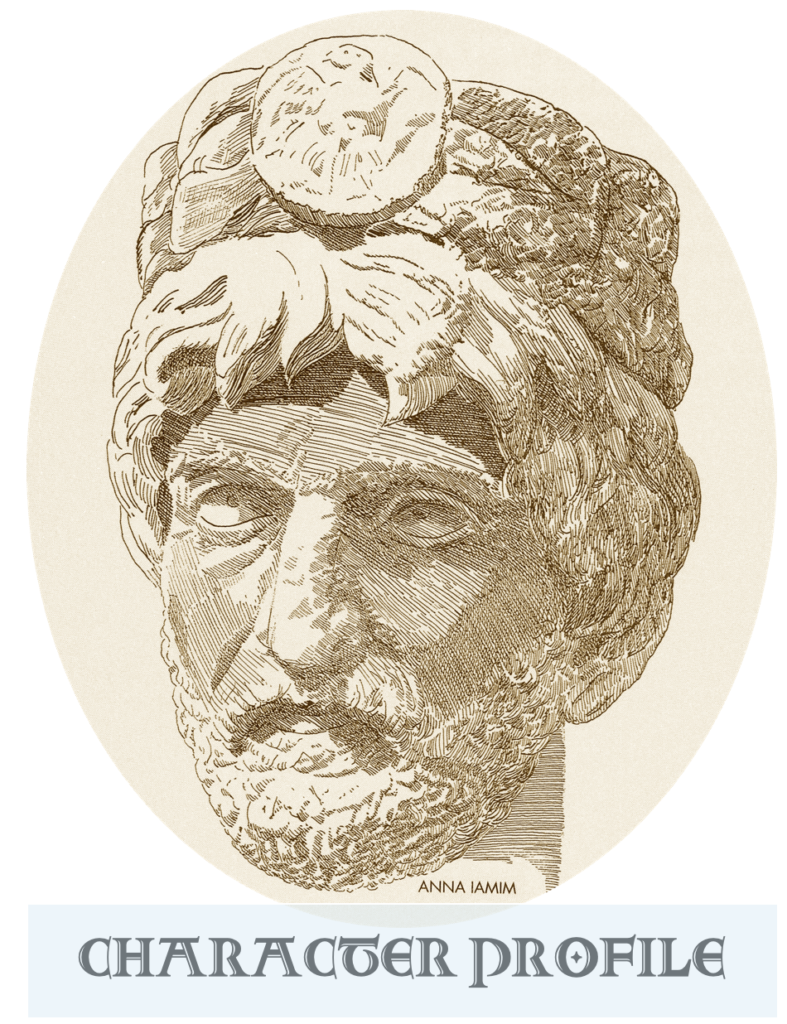
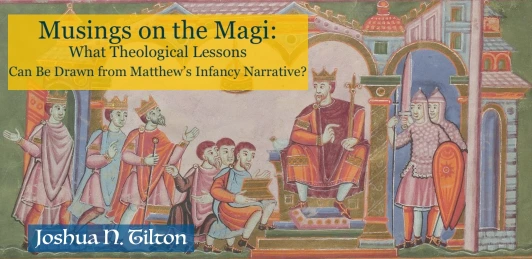



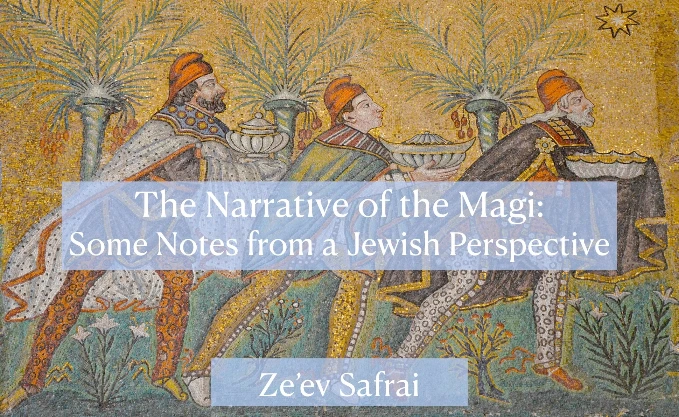
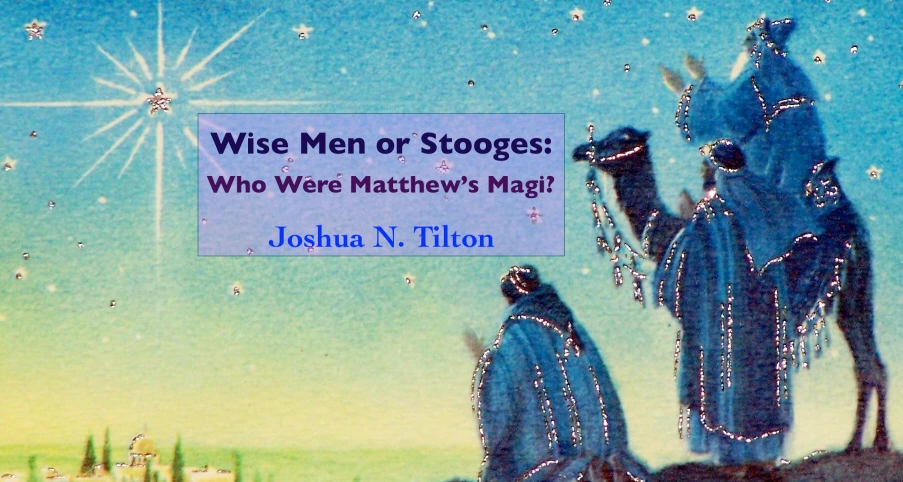
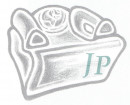

Comments 2
I would have liked to see what the writer has to say by reading the entire article. But since I am at the level of PEER REVIEW, I won’t spend the money to gain access. Also, I have no idea who the writer is, so there’s no way anyone can know what kind of person is writing this stuff.
The ORIGINAL ‘Smith’s Bible Dictionary’ has a much better article on the meaning and reality of Ba’al-Zevuv. Following through with the other ‘gods’ found in that article, by reading the entries in his dictionary will fill in the blanks. There is a lot of history in the word Ba’al that nobody in the Christian world has any idea about. For example, the word Ba’al was the generic word for god back then, just like the word ‘God’ is the generic word for God in Christianity. So Ba’al had many derivatives, many of which were cultural. And when you look at the history of catastrophe-based ‘myth’, even more layers of meaning can be seen.
Anyway, it’s a shame that JP doesn’t know about the Hebrew Gospels. That might clear up a lot of the confusion inherent in these texts.
Author
Dear ChrisH,
Has the JP staff understood correctly that you have not read this article? How then are you able to compare it either favorably or negatively to any other article on the subject? Your professed ignorance of the content of this article undermines the credibility of your assessment. Please read the article before commenting so that you can form an informed opinion on its quality.